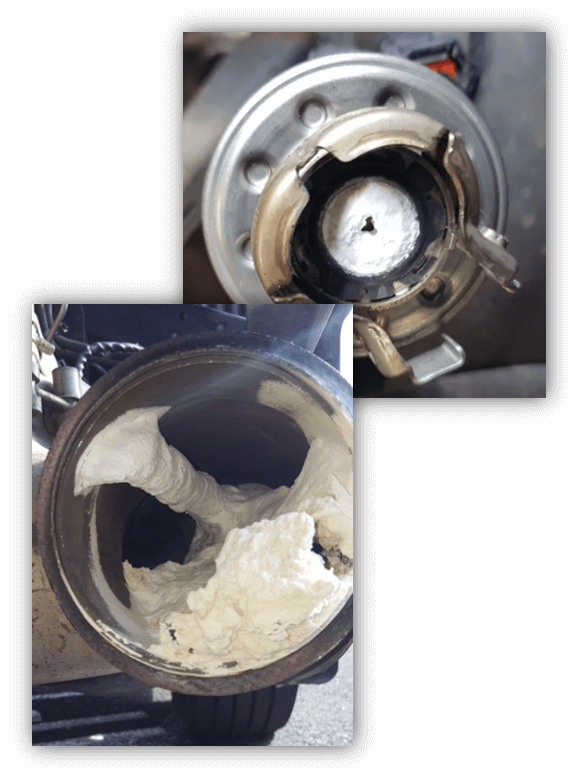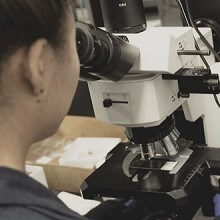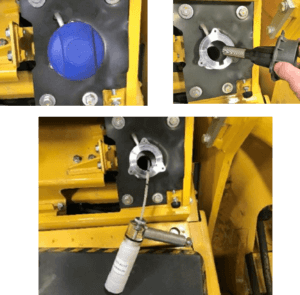Diesel Exhaust Fluid (DEF) is a blended aqueous urea solution of 32.5% high purity urea and 67.5% deionized water used to reduce pollution in newer Tier 4 Final diesel engines. DEF is introduced into the exhaust gas to neutralize harmful nitrogen oxides (NOx) before they enter the atmosphere. DEF fluids have long been used in on-highway truck engines, and more recently in off-road mining and construction equipment.
As DEF is injected directly into your Selective Catalytic Recirculation (SCR) system, the need for quality control is critical for optimal operation of your equipment. Component damage or equipment failure due to poor quality DEF may void the manufacturer’s warranty leading to expensive repair costs. Prevention and proactive monitoring of your DEF can help to mitigate issues.



